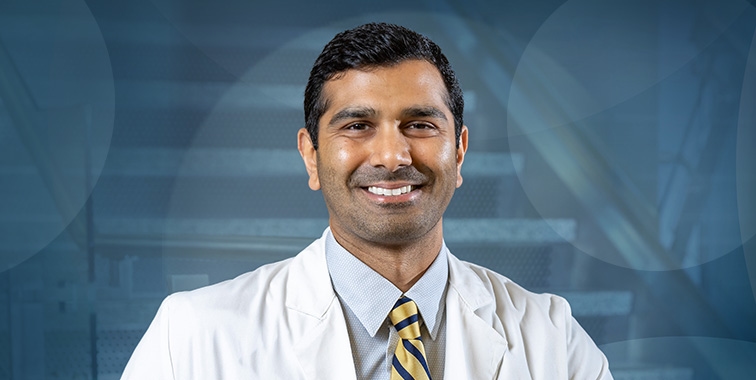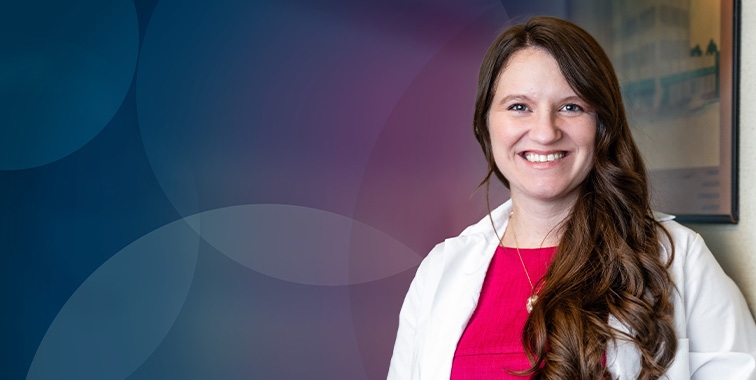Can Holiday Eating Turn to Gallbladder Misery?
- Category: In The News
- Posted On:
- Written By: Gabrielle Cox

The holiday season is often considered the most wonderful time of the year, especially given the delicious meals and sweet treats we enjoy. However, rich, holiday meals could be what causes your gallbladder to make this time go from merry to misery.
Your gallbladder is an important part of your digestive system and eating large, fatty meals can disrupt digestion and lead to gallstones or gallbladder disease.
Gallstones are formations of solid material that is predominantly made up of cholesterol. When these stones develop in your gallbladder, pain can intensify to the point of having to go to the emergency room.
How do I know if I am having a gallbladder attack?
Symptoms vary and often can be silent, but here are some signs to look out for during the holidays.
- pain in your abdomen lasting several hours
- nausea and vomiting
- fever—even a low-grade fever—or chills
- yellowish color of your skin or whites of your eyes, called jaundice
- tea-colored urine and light-colored stools
If you experience any of these symptoms, is important that you do not ignore the warning signs and further delay care. The sooner gallbladder disease is treated, the more likely you are to avoid an emergency situation and experience a quicker recovery and less down time.
“I advise my patients to not wait it out and see if it gets better on its own. If symptoms continue to progress for more than 24 hours, it is important to listen to your body and be evaluated” explains General Surgeon Dr. Jennifer Owens with North Oaks Surgical Associates.
How can I avoid an attack?
Preparation is key when you know that you may splurge a bit in your diet, so before you take a leap of faith, try to get your body ready for some of the richer foods you may ingest.
- Eat smaller portions of foods that are high in fat and sugar.
- Chew thoroughly and eat slowly.
- Limit alcohol intake.
- Eat foods that are high in fiber (fruits, vegetables, beans, etc.).
- Take digestive supplements if approved by your doctor.
Gallstones can form over long periods of time so reducing your risk with healthier food choices is recommended. If you are having symptoms of a gallbladder attack, seek out care immediately. Schedule a visit with one of our board certified providers at North Oaks Surgical Associates to discuss your options for relief by calling (985) 243-9022 or visit www.northoaks.org/gallbladder.




[1].jpg)